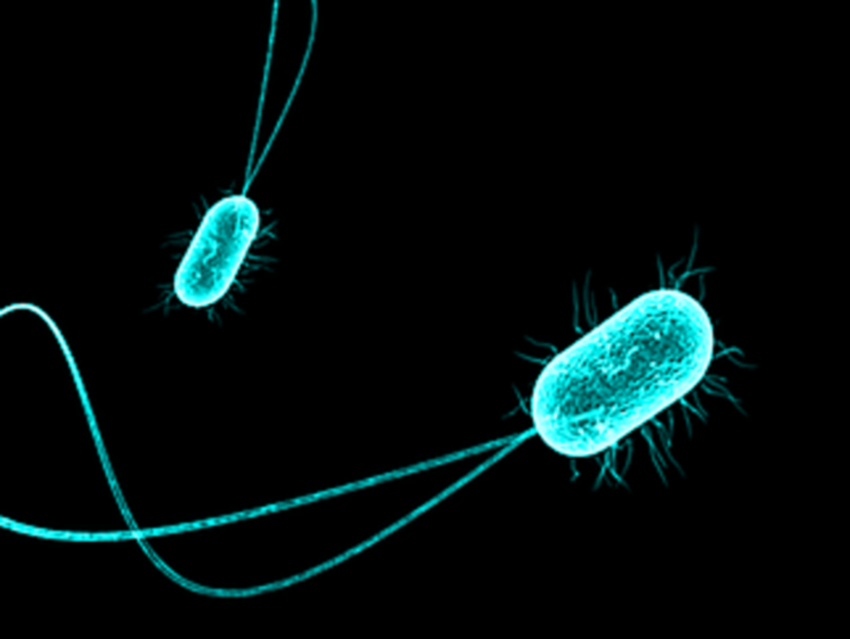There are 20 canonical amino acids that are used to build proteins in living organisms. However, the genetic code contains 64 different combinations of three nucleobases each (so-called “codons”) to encode these 20 amino acids. Thus, there are genetic “synonyms” that encode the same amino acid. Nevertheless, replacing these synonymous bits of genetic code with others that encode the same amino acid can be detrimental to the organisms. This needs to be better understood.
Jason W. Chin, Medical Research Council Laboratory of Molecular Biology, Cambridge, UK, and colleagues have, for the first time, created an entirely synthetic genome for Escherichia coli bacteria. The team replaced all occurrences of three different codons with synonyms, thereby reducing the overall number of codons from 64 to 61. This synthetic genome was created using a high-fidelity convergent total synthesis. The team named the E. coli variant Syn61.
According to the researchers, the scale of gene replacement in Syn61 is approximately four times larger than reported for any organism so far. The resulting bacteria’s genome still encodes all 20 canonical amino acids and results in living E. coli cells. The bacteria multiply slightly slower than non-modified E. coli and the cells are slightly longer. These results demonstrate that living organisms can function with less than the natural number of synonymous codons.
- Total synthesis of Escherichia coli with a recoded genome,
Julius Fredens, Kaihang Wang, Daniel de la Torre, Louise F. H. Funke, Wesley E. Robertson, Yonka Christova, Tiongsun Chia, Wolfgang H. Schmied, Daniel L. Dunkelmann, Václav Beránek, Chayasith Uttamapinant, Andres Gonzalez Llamazares, Thomas S. Elliott, Jason W. Chin,
Nature 2019.
https://doi.org/10.1038/s41586-019-1192-5




